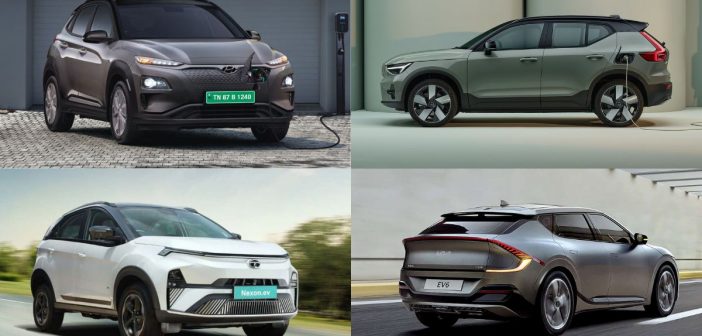India’s electric vehicle (EV) market has seen remarkable growth, driven by increasing environmental concerns, government policies, and technological advancements. The sector is evolving rapidly, positioning India as a significant player in the global EV landscape.
Market Overview: As of 2023, India’s EV market experienced a substantial growth rate, with sales increasing by 49.25%, reaching 1.52 million units. This growth is expected to continue, with the market projected to expand from USD 3.21 billion in 2022 to an impressive USD 113.99 billion by 2029, reflecting a staggering compound annual growth rate (CAGR) of 66.52%.
Key Trends:
- Government Initiatives: The Indian government’s FAME (Faster Adoption and Manufacturing of Hybrid and Electric Vehicles) scheme has been pivotal in boosting EV adoption. India aims for 30% of private cars, 70% of commercial vehicles, 40% of buses, and 80% of two-wheelers and three-wheelers to be electric by 2030.
- Infrastructure Development: As of February 2024, India had 12,146 operational public EV charging stations. The country needs to install over 4,00,000 charging stations annually to meet its target of 1.32 million charging stations by 2030.
- Investment in EV Manufacturing: Indian and international players are heavily investing in EV manufacturing. Notable investments include Mahindra’s new EV facility, which is set to expand its electric SUV offerings, and BYD’s entry into the Indian luxury EV market.
- Battery Technology: Lithium-iron phosphate (LFP) batteries dominate the Indian market due to their cost-effectiveness and safety. The reduction in battery prices, expected to reach USD 100/kWh in the coming years, will further propel the market.
Challenges: Despite the growth, high upfront costs remain a barrier for many consumers. The average cost of lithium-ion batteries is still relatively high, although it is expected to decrease, making EVs more affordable in the near future.
Conclusion: India’s EV market is on a robust growth trajectory, supported by favorable policies, investment in infrastructure, and advancements in battery technology. With continued focus, India is poised to become a global leader in the EV space by the end of the decade. The challenge lies in overcoming the cost barriers and ensuring the rapid expansion of supporting infrastructure.





